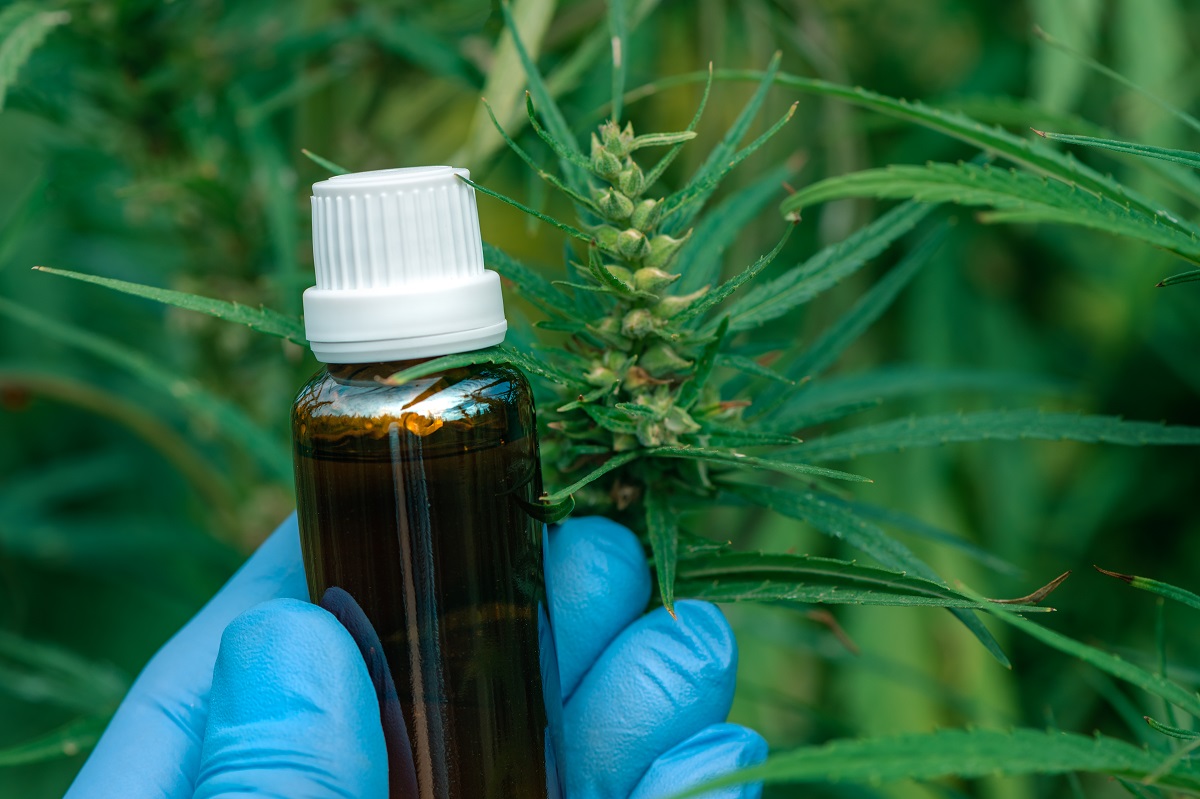
The Food and Drug Administration(FDA) is developing regulations for wellness products with non-intoxicating cannabinoids. The agency also wants to award a contract to help study CBD in detail. With a better understanding of CBD, the FDA will come up with reasonable regulations.
The FDA published a notice stating how the chosen company will offer support. The notice read, “collecting samples and assessing the quantities of CBD and related cannabinoids. Assessing potential associated contaminants such as toxic elements, pesticides, industrial chemicals, processing solvents, and microbial contaminants, in foods and cosmetics through surveys of these commodities.”
The FDA further said that the results of the studies “will get reported to Congress, and be instrumental in guiding the development of future policy.” The study will also help develop a more comprehensive understanding of CBD quantities and associated cannabinoids.
They further stated in the notice, “the goal will be to collect and analyze a relevant number of samples. There could be between 1000-3000 samples collected by the contractor. The credibility of the results has to be supported by specified quality assurance/quality control processes within the study. The types of samples for these studies will include food and cosmetic products from across the United States. This will include CBD-containing packages and processed foods like water, beverages, baked goods, candy, oils and tinctures that could be added to human or animal foods, including pills, capsules, gel caps, gummies, and other forms.”
The FDA submitted a report to congress on the state of the CBD products in the American marketplace. The report outlined the studies the agency has done on the contents and quality of cannabis-products. Most of these products were tested for the past six years. After this report to congress, the FDA announced to hire a research contractor for more evidence-based data.
The congress report was responsive to a mandate attached to congressional appropriations legislation last year. The report showed significant inconsistencies between cannabinoids and concentrations indicated on labels and what the products contain. Negligible evidence was also found about the existence of dangerous metals and minerals in the products.
In its announcement, the FDA also outlined specific goals for the contractor it seeks to hire. This contractor has to obtain 1000-3000 samples of CBD-infused products. The products could be candy, baked goods, chocolate, concentrates, oils, tinctures, beverages, cosmetics, and other products for both human and pet use. These samples should come from various regions countrywide.
The samples will undergo tests for CBD, CBDA, THCA, THC, and other cannabinoid content using specific methodologies. The contractor will also have to assess the toxic elements. These toxic elements are pesticides residual solvents and any microbiological contaminants like salmonella.
“The purpose of these studies is to develop a better understanding of CBD quantities and associated cannabinoids and their distribution. The goal will be to collect and analyze a statistically relevant number of samples. The reliability of the results will be supported by specified quality assurance/quality control processes within the study.”
The deadline for applications with the FDA for CBD research is August 31.
FDA is developing regulations for CBD since hemp, and its derivatives were federally legalized. That happened through the 2018 Farm Bill. Last month, the FDA then made a submission of draft CBD enforcement guidance to the White House Office of Management and Budget for review.
The agency was required to give an update on its regulatory approach to CBD. It did exactly that in March. The update stated that the FDA was currently evaluating the issuance of risk-based enforcement policy. This policy would offer greater transparency and clarity concerning factors FDA needs to consider when prioritizing enforcement decisions.
The FDA then released separate guidance last month. It was about conducting research into cannabis for drug development purposes. The document also had to go through the White House review before its release to the public.
The agency continues to issue warnings to cannabis businesses. The warnings apply to cannabis businesses that make unproven health and wellness claims about CBD. The claims about CBD products healing certain diagnosed conditions are illegal. Discuss how CBD may help reduce symptoms such as pain and inflammation are permitted, with the appropriate statement that individual results may vary.
Last month, a spending bill for the FDA was released. The proposal included a provision offering funding to develop a framework for the regulation of CBD products.
No Information on MarijuanaDoctors.Com should be used to diagnose, treat, prevent or cure any disease or condition. You can view our Full Disclaimer here.